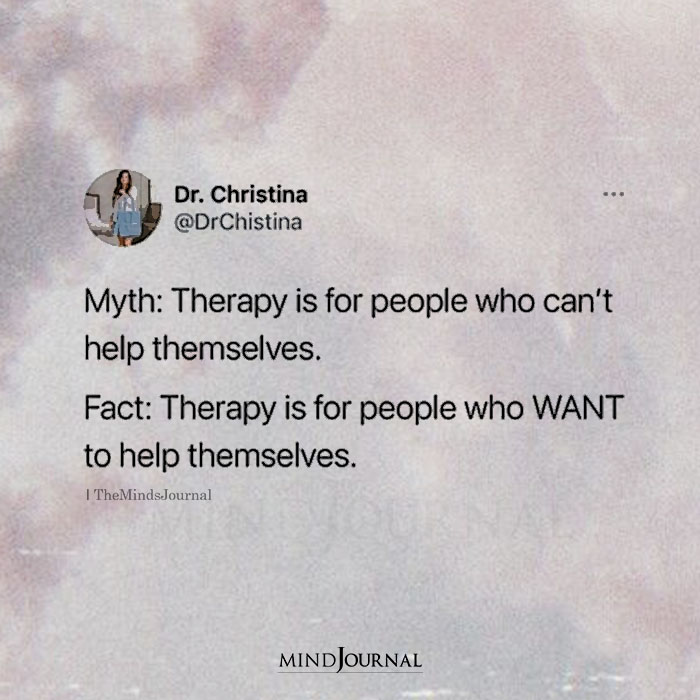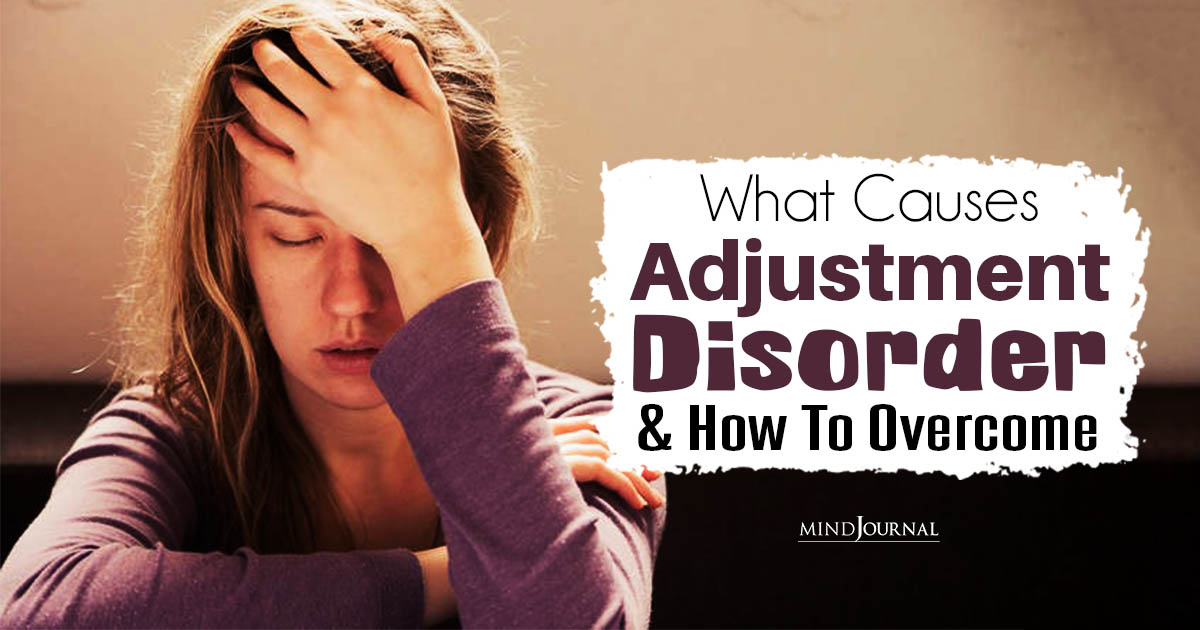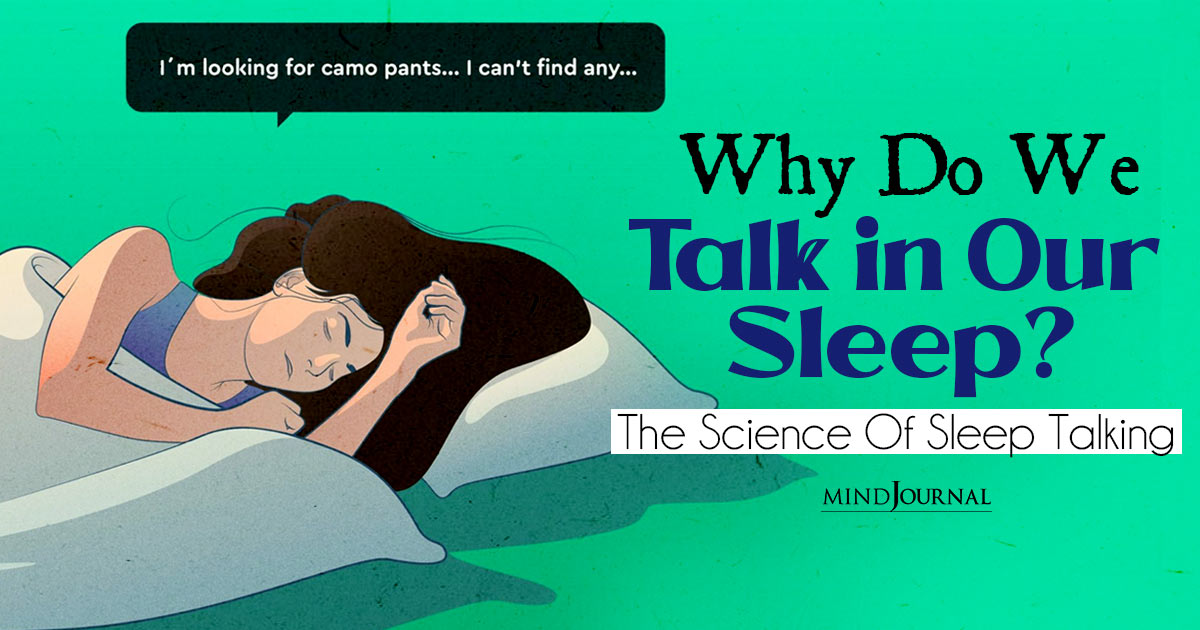If you are someone who goes to therapy, do you know what your therapist really thinks? Do you know how your therapist feels? Actually, there are many things your therapist might not be telling you, and that’s what we are going to talk about today.
I am a therapist and I absolutely love my work.
This surprises many people as they assume that listening to other people’s problems is unpleasant. They believe perhaps that we are working out of altruism.
For me, the truth is that the therapeutic work nourishes me, and I benefit from the clinical relationship just as much as my clients.
It takes raw vulnerability and courage to sit down on the couch and pour your heart out.
As the person people come to for help, I am humbled, I am honored, and I am transformed by the work we share.
Sometimes, clients question me about my actual feelings about my job. They wonder if I dread their upcoming appointment, worrying that they are “difficult,” “too negative,” or “not making enough progress.”
Even though I always answer honestly, I get the feeling they don’t always believe me. (I understand this because the nature of our professional relationship is for me to help them feel better.)
For those of you who worry about what your therapist might say about you behind your back, I can only speak for myself in saying what I hope all my clients know.
To my clients, here are 9 true things you might not believe.
Related: What Should You Never Tell Your Therapist? 10 Things To Be Careful About During Therapy
How Your Therapist Feels Truly: 9 Things Your Therapist Might Not Be Telling You
1. I love you
I used to think there was something wrong with me for loving all my clients.
Am I too invested? Am I going to burn out if I care too much? Is it unprofessional?
I’ve come to learn that it’s unavoidable. How can I not love my clients deeply? Perhaps this kind of love should be in its own category. It’s not sexual or maternal or romantic. I love my clients differently than I love hot fudge sundaes, my family, or my pets.
It’s a love that comes from deep understanding and respect. It’s a love that comes from raw honesty and humility.
If I ever stop loving my clients, I will take that as a sign I need an extended tropical vacation.

2. I care what happens to you.
Your choices are yours, and I never tell you what to do.
But this is not the same as not being invested in your happiness. Neither of us can predict the future. I’m here to help you decide what choices you want to make by exploring all your options.
I deliberately avoid becoming invested in a specific outcome in your life. But this should never be confused with not caring whether or not you are happy with the choices YOU make.
I genuinely hope things get better for you, no matter how you get from here to there.
3. I think about you between sessions.
I’m human. Of course, I think of you when something happens in the real world that reminds me of our work.
This is different than worrying about you. Honestly, I don’t worry about my clients, even when they are going through a difficult time. I trust them entirely to follow our safety agreement and so that I go through the world with the confidence that my clients are doing their best and will reach out to me if they need me.
4. I am not just doing this for the money.
I made a lot more money waiting tables than I made my first year out of grad school. (And I was a terrible server!)
This is always a tricky question for me to answer because I’m trying to make a living, and I want to send my kids to college.
I needed to choose a way to earn money, just like most other people who weren’t born with a trust fund. It just so happens that I found a way to make a living doing what I love to do.
I care about you even though you pay me money, not because you pay me.
Related: How Do I Know If a Therapist is Right For Me? 10 Signs
5. I tear up when you share your pain.
Of course, I sometimes hold back tears. I won’t let them gush out so that you feel the need to comfort me.
But the tears are there, and the tears are real. So is the laughter and the times when you think I am angry on your behalf. That’s how we both know empathy is real.
6. It matters to me when I mess up.
I make mistakes sometimes. I don’t mean to, but there are times when I do not properly understand what you’re saying. Or maybe I forget the name of your partner or an important part of your history.
Apologizing to you is not me using some intervention I learned in school. I genuinely recognize that sometimes I’m miss-attuned. I expect this to happen even though it’s unpleasant and annoying. I feel bad about it, but it’s bound to happen.
How can humans work together and not sometimes have misunderstanding?
7. I see your hard work, and I am proud of you.
If I’m pushing you and challenging you, that is because I want you to move from where you are now to someplace better. I see how hard you are working.
I’d be a fool not to know how hard it is to be in therapy. Sometimes, I’ll try to help you feel better, and sometimes, I will help you push your comfort zone. Both are because I believe in you and want you to be happier.

8. I know I don’t have all the answers.
I’ve indeed read a lot of books and trained with famous experts. I provide you with guidance and teach you what I know from the gold-standard research.
But none of that compares to the expertise that you bring to the room. You are the one who is the expert of your own story. I am merely a compassionate bystander.
9. My personal life is a mess sometimes, too.
It always surprises me when my clients think I have it all together.
I must do an outstanding job positioning my camera so you can’t see the piles of paper or hear my terribly trained dogs barking in the background.
When I show up for you, I put my own chaos aside so that you have my undivided attention. But please, under no circumstances should you ever confuse that with me having my life all figured out.
Related: The 4 Most Valuable Things I Learned From My Therapists
There are many peer-reviewed journals and hardcover textbooks that explore the complexity of transference and counter-transference. These are intellectually interesting concepts.
But it can all be summarized; a therapeutic relationship is real. I don’t think there will be a time when Artificial Intelligence will replace my job.
Thank you for reading this article and being open to my perspective. I’m sure 10 different therapists would say 10 different things, but hopefully, this might help you believe the answers you’re given if you are brave enough to ask your therapist these questions.
Laura Silverstein, LCSW
Laura Silverstein is a Certified Gottman Couples Therapist, and author of Love Is An Action Verb. She has thirty years of clinical experience and is the founder and co-owner of Main Line Counseling Partners, based in Bryn Mawr, PA. Laura is a frequent contributor to The Gottman Relationship Blog and has appeared as a relationship expert in media outlets such as the New York Times, ABC, and Today. She helps couples find more happiness as a research clinician, speaker, trainer, and writer with a positive, action-oriented style.
Written By Laura Silverstein
Originally Appeared On Laura Silverstein









Leave a Reply
You must be logged in to post a comment.